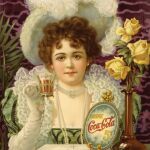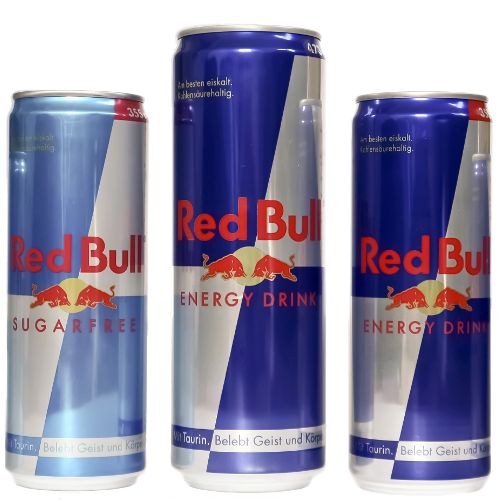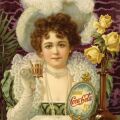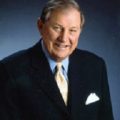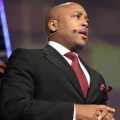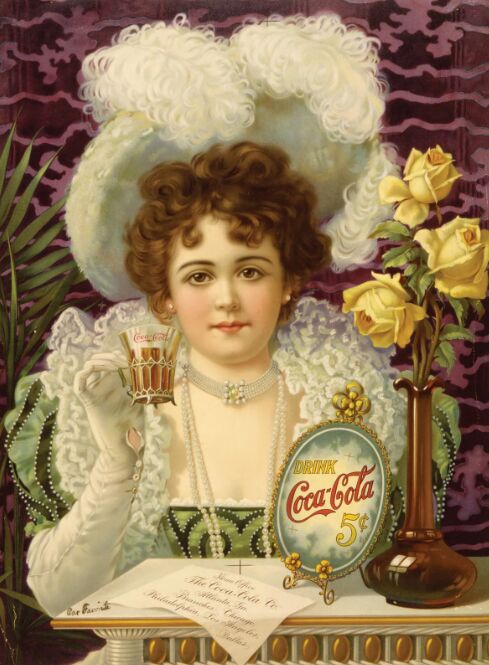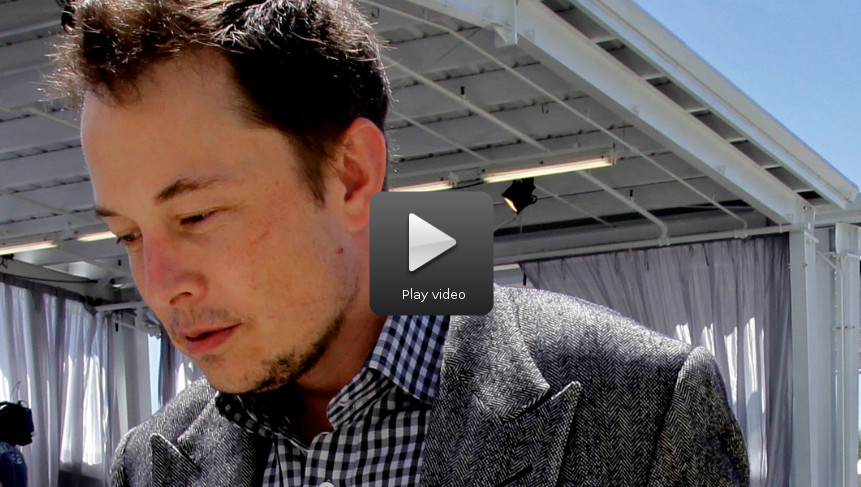History
In 1893, Caleb Bradham created a drink in his home spicing it with kola nuts and the enzyme pepsin. At first, he called it “Brad’s Drink” and this was the first name of Pepsi Cola. It was so delicious that he soon started selling it in his neighborhood. Later, in 1998, this tasty beverage was renamed to Pepsi Cola and this was when the start of this world brand was put.
In the first years, Bradham prepared Pepsi in his drugstore, but soon he was not able to supply the increased quantity that people wanted to buy. In 1903 he rented a building where the bottling of the drink was moved. The sales in that year reached almost 8000 gallons. Seeing a big potential in his drink, Caleb started building a brand and actively marketing his product. He developed a new handy bottle, which could be sold almost anywhere. This simple move more than doubled the sales, which reached nearly 20 000 gallons in 1904. The next year the first logo of Pepsi was created. A few years later, Bradham hired the racer Barney Oldfield, who became the first face of Pepsi Cola, advertising it as a nice refreshing drink, a nice bracer before a race. Everything went well, Bradham enjoyed increasing sales and people enjoyed more and more his drink. It was initially branded as delicious, healthy, and refreshing, and that continued for the next two decades.
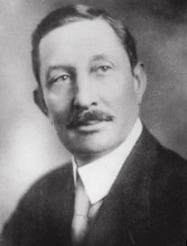
The “Roaring Twenties” helped with the fast growth of the company. These years were times of wealth and excess. But when the crash of 1929 hit society, things changed dramatically. At the climax of the Great Depression, “Pepsi Cola Co”. filed for bankruptcy. Its creditors liquidated all of the assets of the business to collect their money. A guy named Roy Megargel bought the trademark “Pepsi Cola” and created a new company, but not for long. A few years later the business defaulted on its debts once again. This time Charles Guth, a candy manufacturer, and businessman, bought the assets. He had been recently refused a discount on the syrup of Coca-Cola, which he wanted to sell at his retail stores. Now he would sell Pepsi there.
In 1936, Pepsi was sold in a 12-ounce bottle for 10 cents, but the sales at that price were not going well. At that time Coca-Cola was sold at a higher price, but in smaller bottles of six once, 6 cents each. Pepsi decided to reduce the price 50% in order to increase its revenue and fight against the strong brand of its main competitor. They combined this with some radio advertisements featuring “Pepsi-Cola hits the spot, Twelve full ounces, that’s a lot, Twice as much for a nickel, too, Pepsi-Cola is the drink for you”, and in fact, the goal was achieved. The sales skyrocketed and the profits doubled in 1938. But the real benefit was that Pepsi became a stronger and far more established brand.

In 1940, a new smart move was made by Pepsi’s new president – Walter Mack. He noticed that African Americans were ignored in the marketing campaigns of the company. This was a real gold mine because nobody was directly targeting them. This was a great way of increasing the market share. A “black sales” team was formed, but World War II stopped these plans. The campaign was resumed in 1947, by Edward Boyd, who was hired for only for this purpose. A sales team only of blacks was formed to promote the drink across America. The team faced great resistance caused by racism, but this helped, because they were able to use discrimination as a weapon against Coca-Cola – they didn’t want to hire African Americans. That’s why they wouldn’t buy Coke. Pepsi’s market share increased significantly and for the first time, the sales of the company surpassed the sales of Cola in some areas (Chicago for example). But the focus on African Americans caused some problems for the company and its bottlers. There was a fear, that Pepsi would become the “black drink”, which would hurt its sales to whites. That’s why in 1950, the “black team” was dismissed.
For the next years, Pepsi didn’t stop its expansion. The company focused on its marketing efforts and on building a strong brand. With the spread of radio, it was used heavily for advertising purposes. Later Pepsi switched on to television. Many famous and well-known faces were attracted to participate in the company’s campaigns.
During the next years, Pepsi launched some very successful marketing campaigns under different slogans, which you can see at the bottom of this article. After World War II, the company started its expansion around the world. During these years in America, new social phenomena appeared – the baby boomers – the postwar generation. This was the new Pepsi generation – “Come alive! You’re in the Pepsi Generation”. In 1964 a brand new type of drink was released – the Diet Pepsi because more and more Americans were paying more and more attention to their weight. The product happened to be successful and two years later a new marketing campaign was started only for “Diet Pepsi” – “Girlwatchers,”.
In 1965 Donald Kendall and Herman Lay merged their two companies – Frito–Lay and Pepsi–Cola to found today’s PepsiCo.
Pepsi started an innovative marketing campaign in 1975 – a blind tasting of Coca-Cola and Pepsi drinks. The people who tried the drinks had to tell which one was better, without knowing what she/he drank. Amazingly, most people chose Pepsi as the better drink. Later the results of these tests were shown on TV and other media, making a lot of noise and attracting a lot of attention. In the next year, the first woman was employed by the company.
In 1984 Pepsi’s new generation become 20 years old. This was the time for the “The Choice of a New Generation” campaign to be launched. This once again puts Pepsi on the leading edge of contemporary culture. In its early stages, the New Generation campaign featured the greatest pop star of that time – Michael Jackson. He and his famous “Billie Jean” starred in a series of Pepsi-Cola commercials. This was a time of fierce fighting between Pepsi and its main rival – Coca-Cola which, was really annoyed because of the fast rise of Pepsi. They even changed the secret recipe of Coke, but the change was rejected by the customers and those who liked Coke, quickly switched to Pepsi. Coca-Cola had no choice and returned to the old recipe of their drink. Pepsi President Roger Enrico declared victory in the so-called cola wars and awarded Pepsi’s workers a holiday to celebrate.
In the 80s many other stars were attracted to advertising campaigns of Pepsi. Some of them were Tina Turner, David Bowie, Lionel Richie, Gloria Estefan, Glen Frey, and many others. Even Geraldine Ferraro – the first woman vice-presidential candidate in the U.S. participated in a campaign dedicated to “Diet Pepsi”. 1987, the logo was changed slightly to a more rounded one, which was used until 1991.
During the 90s, Pepsi Co signed a huge trade agreement with The Soviet Union. The company signed a $3-billion deal to more than double the production and sales of soft drinks in the Soviet Union in exchange for ships and the rights to sell more Soviet vodka in the United States. Pepsi also increased its investment activities in hot markets such as Eastern Europe, Southeast Asia, Argentina, and some other countries. A new great historical advertising campaign was started – “You Got the Right One Baby, Uh-Huh!” focused on Diet Pepsi, with Ray Charles and “Uh-Huh Girls”. Cindy Crawford and Shaquille O’Neal also were hired for some great advertisements like “Be Young, Have Fun, Drink Pepsi”. In these years the company introduced many new products. A partnership established with “Starbucks” gave birth to the brand new drink – “Frappucchino” – a refreshing drink based on coffee and Pepsi Cola. Frappuccino soon became the most preferred cold coffee beverage in the US. Pepsi also entered the bottled water market by introducing “Aquafina” water. In the late 90s (1997) Pepsi started the campaign “GeneratioNext” returning to the very successful generation theme.
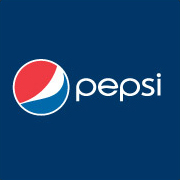
PepsiCo today is a world leader in convenient snacks, foods, and beverages, with more than 280 000 employees and revenue reaching $60 billion of dollars. The company is the owner of some of the greatest world brands Pepsi-Cola, Mountain Dew, Diet Pepsi, Lay’s, Doritos, Tropicana, Gatorade, and Quaker. These are well-known all over the world.
The Most Catchy Pepsi Slogans
1976 – “Have A Pepsi Day” – a meeting between a little boy and some even smaller dogs, became a commercial classic.
1979 – The “Catch that Pepsi Spirit” campaign was launched.
1982 – “Pepsi’s got your Taste for Life!” – a great celebration of the nice times of the 80-ties
1883 – The drink was advertised under the slogans – “Pepsi Now” and “It’s cheaper than Coke!”.
1984 – This was the time when a new generation emerged around the world. It was time for “Pepsi, the Choice of a New Generation” – a great commercial with Michael Jackson.
1984 – “Diet Pepsi. The Choice of a New Generation”
1988 – “Diet Pepsi. The Taste That’s Generations Ahead”
1989 -“Diet Pepsi. The Right One”
1989 – “Diet Pepsi. The Taste That Beats Diet Coke”
1986 – “We’ve Got the Taste” (commercial with Tina Turner)
1987 – “Pepsi’s Cool”
1990 – “Yehi hai right choice Baby UH HUH” – “This is the right choice Baby UH HUH” – for Pakistan
1991 – “Gotta Have It”/”Chill Out”
1992- “The Choice Is Yours”
1992 – “Be Young, Have Fun, Drink Pepsi”
1993 – “Right Now” – a song by Van Halen for the Crystal Pepsi advertisement
1994 – “Double Dutch Bus” – Pepsi song sung by Brad Bentz
1995 – “Nothing Else is a Pepsi”
1995 – “Drink Pepsi. Get Stuff.” Pepsi Stuff campaign
1996 – “Change The Script”
1996 – “Pepsi – There’s nothing official about it” – in Pakistan
1997 – “Generation Next” – a commercial with the Spice Girls
1998 – “It’s the cola” – a 100 years Pepsi commercial
1999 – “For Those Who Think Young – with Britney Spears
1999 – “The Joy of Pepsi-Cola” – a commercial with Mary J. Blige
1999 – “Yeh Dil Maange More!” – Pakistan – meaning, “This heart asks for more” launched in India
2003 – “It’s the Cola (Pepsi Cola)” and “Dare for More”
2006 – “Why You Doggin’ Me”, “Taste the one that’s forever young” with Mary J. Blige
2007 – “Happier”, “Taste the once that’s forever young” with Michael Alexander
2000 – present: “Pepsi ye pyaas heh bari” – meaning “There is a lot of thirst” – in Pakistan
2008 – “Pepsi Stuff” Super Bowl Commercial, starring Justin Timberlake
2008 – “Pepsi is #1” ?v commercial with Luke Rosin
2008 – “Something For Everyone”
2009 – “Refresh Everything”, “Every Generation Refreshes the World”
2009 -“Yeh hai youngistaan meri jaan” – “This is our young country my baby” in Pakistani
2009 – “My Pepsi My Way” – in Pakistan
2009 – “Refresca tu Mundo” – “Refresh your world” in Spanish – an advertisement for Latin America
2010 – “Every Pepsi Refreshes The World”
2010 – “Badal Do Zamana” – Urdu – meaning “Change The World”
2010 – “Pode ser bom, pode ser muito bom, pode ser Pepsi” – meaning “Can be good, can be very good, can be Pepsi” – launched in Brazil
2011 – “Change the game” – launched for the 2011 Cricket World Cup in Pakistan
2011 – “Dunya Hai Dil Walon Ki” – “World is For Lovers” in Pakistani
2011 – “Ici, c’est Pepsi” – “Here, it’s Pepsi”
8 Interesting Facts About PepsiCo
1. PepsiCo was founded in 1965 when Donald Kendall and Herman Lay merged their two companies – Frito–Lay and Pepsi–Cola.
2. Pepsi is the most popular soda in North America, followed closely by Coke.
3. The iconic “Pepsi Challenge“ began in 1975 as a blind taste test to prove that more people preferred the flavor of Pepsi over Coke‘s in taste tests throughout North America for 32 years until it ended in 2007.
4. In 1985, Pepsi signed Michael Jackson to become their spokesperson and he took part in promoting the campaign “Choice Of A New Generation” which dominated TV ads till 1988 that ran across the USA along with Europe and Asia too contributing to its rise among public domain alongside Asian countries markets like Japan, Taiwan & Singapore.
5. It is estimated that 1 billion servings of both Coca-Cola and Pepsi are consumed on any given day around the world!
6. In 1996, Diet Mountain Dew was added to the roster of sodas offered at Starbucks cafes as part of a large strategic partnership between both brands called “Mountain Dew Craze” which continues today giving customers access to products like Tropicana juices too.
7 .PepsiCo has 22 brands with annual sales totaling over $1 billion including Frito–Lay chips & snacks; Quaker rice cakes & cereals; Gatorade sports drinks; Tropicana juices; Naked juice drinks; Aunt Jemima breakfast foods & syrup; Aquafina bottled water; Lipton tea & Pure leaf Iced teas
8 . The company owns 16 manufacturing sites across 19 states! This means they produce all products within these factories and then ship them out Businesses exist providing support services for production facilities (e g quality control) as well as related activities like marketing materials designing or digital media management tasks (website building).
Some Other Great Pepsi Resources
The site of PepsiCo – https://www.pepsico.com/
The Pepsi Cola Site – https://www.pepsi.com/
Pepsi on Youtube – https://www.youtube.com/pepsi
If you liked the story of Coca-Cola, please use one of our nice social buttons to share it with a friend. Help us write many more cool stories this way!



